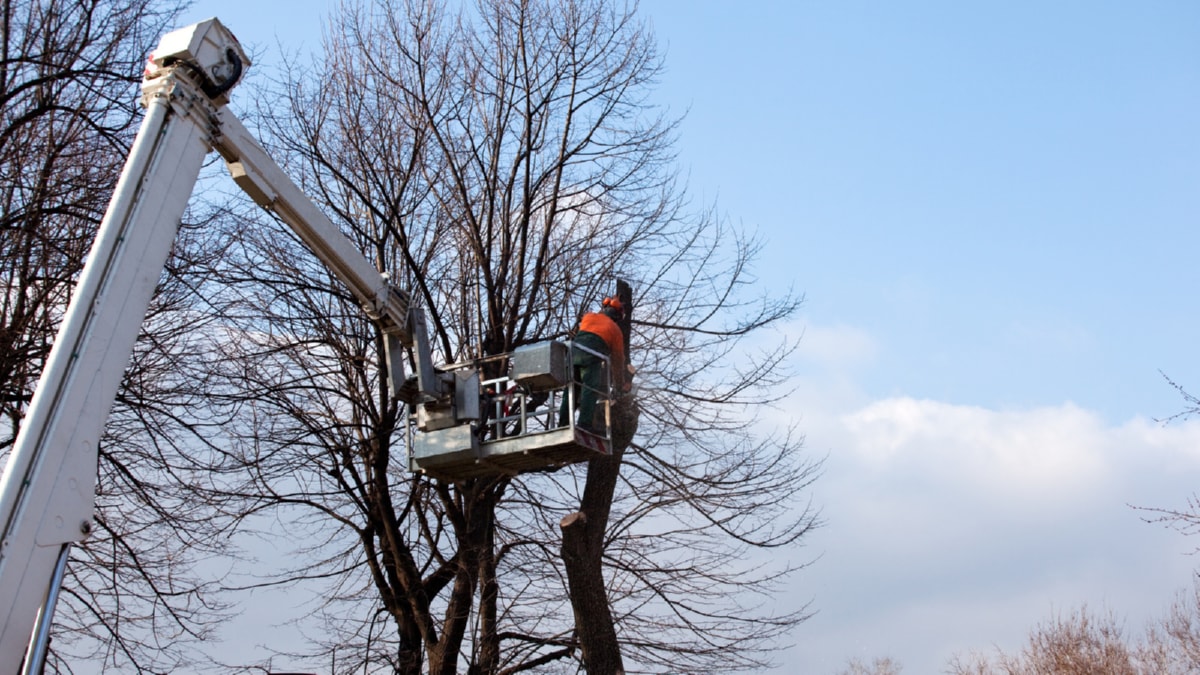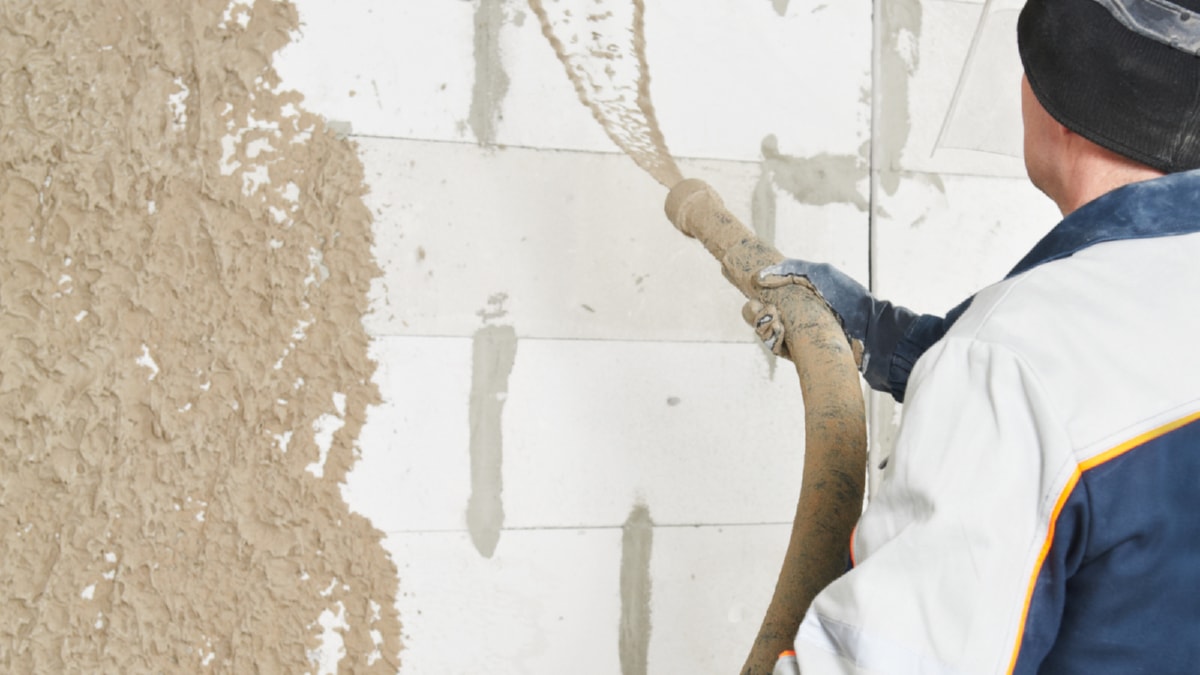Managing a construction project can be a daunting task. However, with the right strategies and a comprehensive understanding of the process, it can be managed effectively and efficiently. This article will provide valuable insights on the art of mastering construction project management.
Firstly, planning is the key. A well-planned project can mitigate potential risks, keep the project on schedule, and ensure that resources are used optimally. This involves thorough planning of the project’s scope, budget, and timeline. Knowing the project’s needs and setting clear, achievable goals are also essential.
Secondly, communication is vital in every construction project. Effective communication between all parties involved can prevent misunderstandings, resolve issues quickly, and keep everyone on the same page. This can be achieved through regular meetings, progress reports, and ensuring that all communication channels are open and effective.
Next, risk management is another crucial aspect of successful construction project management. This involves identifying potential risks, assessing their impact, and developing strategies to mitigate them. Acting ahead of potential risks can prevent delays, cost overruns, and other issues that can derail a project.
Moreover, the importance of quality control cannot be overstated. Ensuring quality in every stage of the project is critical for the success of the project. This can be achieved through regular inspections, using high-quality materials, and employing skilled workers.
Lastly, embracing technology efficient can significantly improve the management of a construction project. From project management software to advanced construction tools, technology can streamline processes, improve communication, and enhance productivity.
Now, let’s shift our focus to another significant aspect of construction – sustainable materials. The use of sustainable materials in construction is on the rise. These materials, which are either recycled or have a minimal impact on the environment, can make a significant contribution to the sustainability of a construction project.
Understanding sustainable materials requires a comprehensive understanding of their properties, benefits, and potential applications. For example, recycled steel and concrete are durable and versatile, making them suitable for a variety of construction projects. Meanwhile, bamboo is a renewable resource that is lightweight, strong, and flexible, making it an excellent choice for certain types of construction.
In conclusion, effective management of a construction project involves careful planning, clear communication, risk management, quality control, and the use of technology. Meanwhile, the exploration of sustainable materials can contribute to the sustainability of the project and the broader environment.
For more details, check best Clean & Seal Tarmac Kildare Galway Limerick Mayo Offaly or visit their Clean & Seal Tarmac Kildare Galway Limerick Mayo Offalybusiness listing here.




